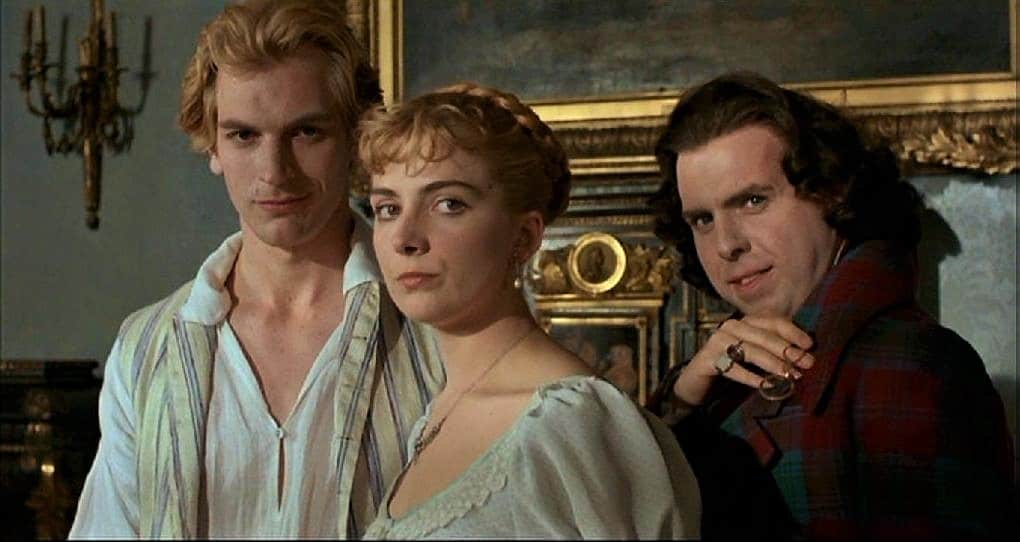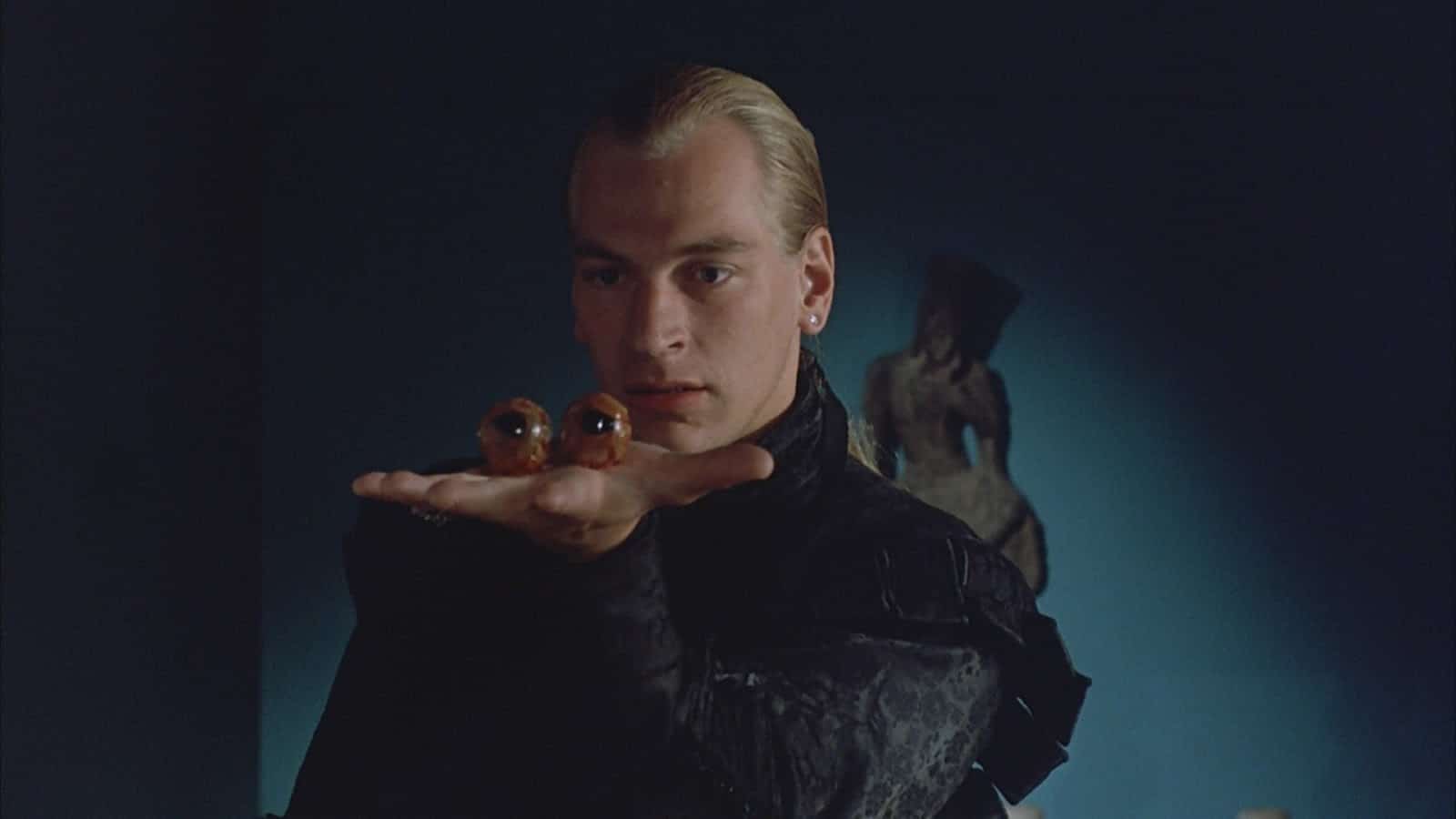
After the actor went missing earlier this year whilst hiking in the San Gabriel mountains, it was always a slim-to-none chance that Julian Sands was going to turn up unharmed. Now, sadly, remains recently found in the area have been confirmed as him; whilst not a surprise, it also feels greatly sad to receive that confirmation, as if Sands was somehow still with us in some kind of boundary-defining sense until that moment – not here, not gone.
Sands was never an actor who conformed to the norms and expectations of a man of his acting pedigree or longevity. It’s one of many damn good reasons people liked his work so much, and also spoke highly of him as a man. His career always deviated from the usual progression expected of an actor – to come up through the ranks of genre film, but then to disavow it, as greater opportunities present themselves. Sands never did so: not only did he bring the same mellifluous dignity to every role he ever played, but he also made a career out of taking on the wildcard roles, the jobs more tentative, uncertain actors would baulk at.
He played immensely popular roles – he is particularly well known for his performance in A Room With a View (1985) – but he also played his heart out in a personal favourite, Warlock (1989) as a black magician come to wreak suave havoc on modern America. Like many of his peers, Sands instinctively knew that you need to play such a role with full honesty, never deliberately hamming it up: to do so would break the bond between audience and actor; let the events of the film suspend the disbelief, not the performances. It’s a bond he understood perfectly. He also did sterling work in many other favourites: he was in Naked Lunch, of course, the wildcard to end all wildcards; he played a note-perfect Percy Bysshe Shelley under Ken Russell’s tutelage in Gothic (1986), surely the only film which has ever come close to capturing the creative chaos of that meeting of minds; he took on the incredibly brave (and much contested) role of surgeon Dr Nick Cavanaugh in Boxing Helena (1992), a queasy, if weirdly mesmerising film which essentially comes down to issues of control, patriarchy and power, all played out in a nightmare. Think what you like of Boxing Helena – people have never exactly been reticent – but it takes immense bravery to see a contentious project like that through (and many of the original cast did not). And of course Sands starred in one of the best ‘werewolf’ films of the past thirty years, and an underrated one too – Romasanta (2004) gets closer to the notion of lycanthropy as a descriptor of aberrant human behaviour than anything more supernatural; it’s as strikingly beautiful as it is horrific. Sands is wonderful in it.
Sands, a prolific grafter – if you can excuse some UK slang he’d no doubt recognise – continued to rack up TV, movie and voiceover work right up until the year of his disappearance, but kept horror and darker dramas close to his heart throughout his life; it’s a horror film which makes for his final acting credit. Budget and profile mattered far less to him than a genuine interest in, and a belief in, the project itself. It’s also gratifying that one of his last projects saw him work alongside old friend, John Malkovich.
Sands was a superb, distinctive actor and an enthusiastic supporter of the arts throughout his long and respected career; we are indebted to him, and we will miss him very much.
